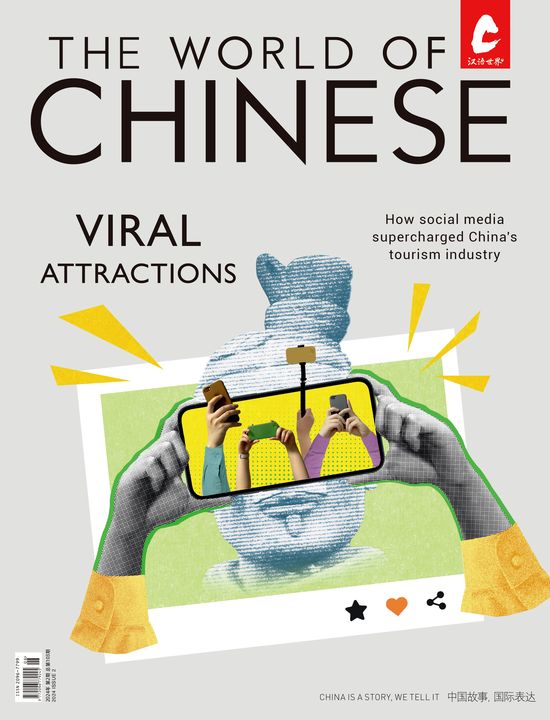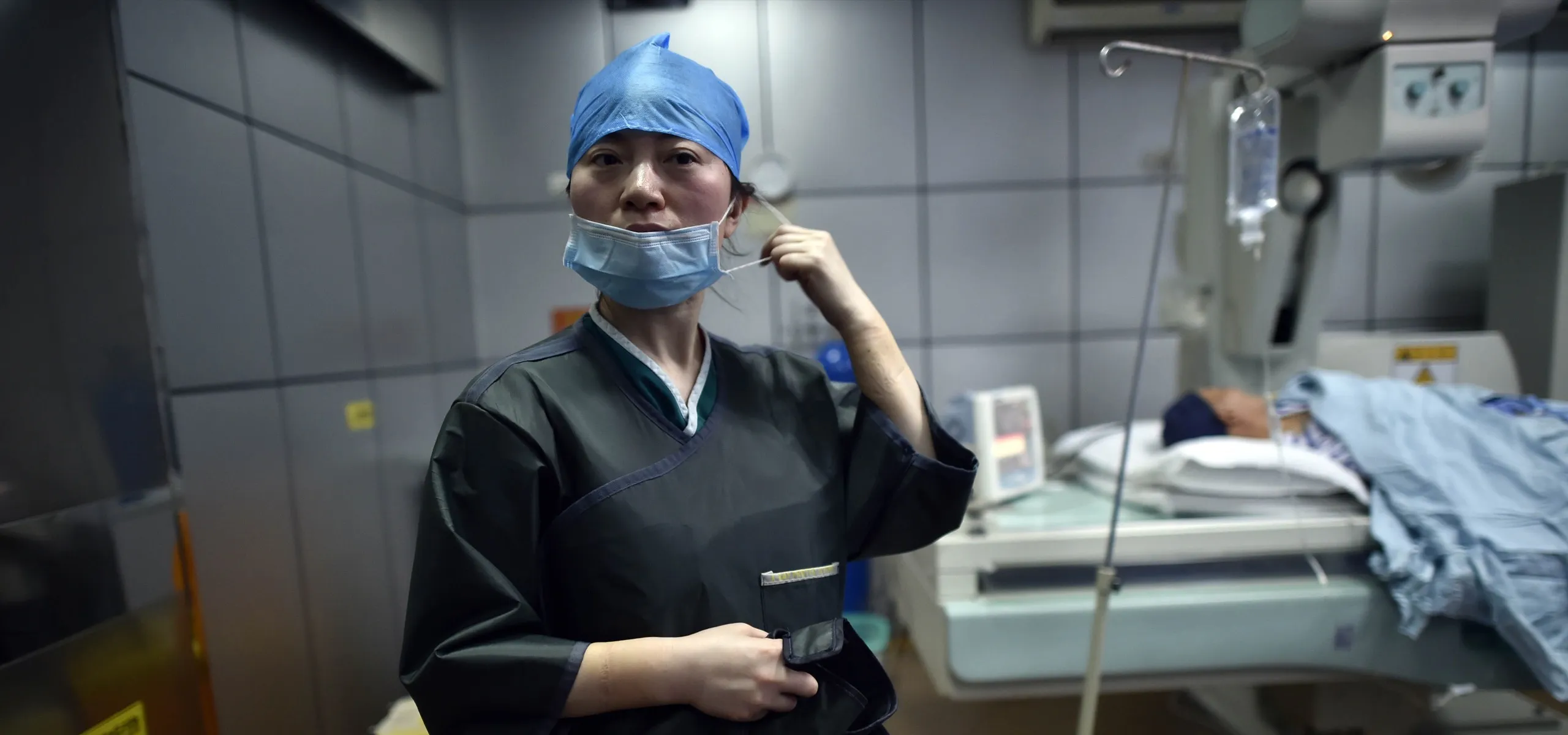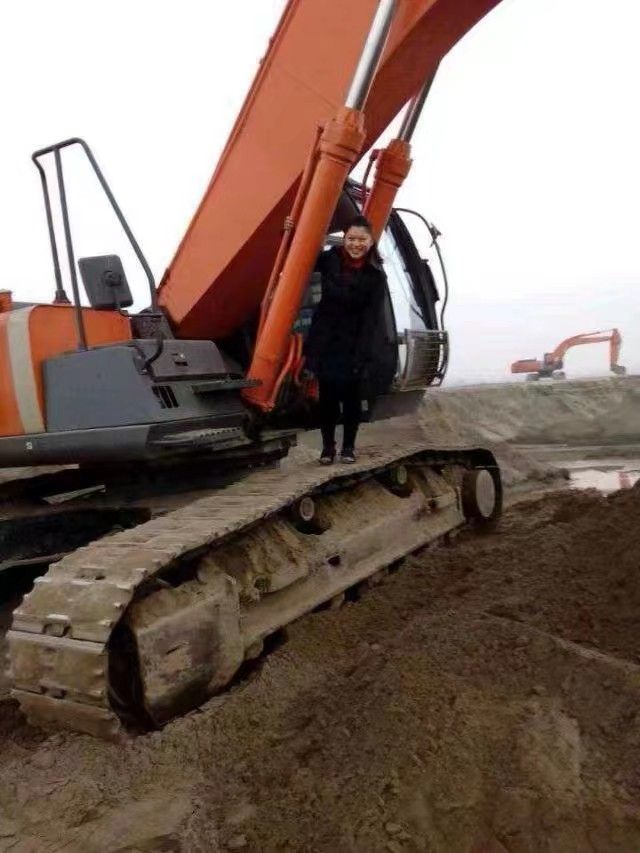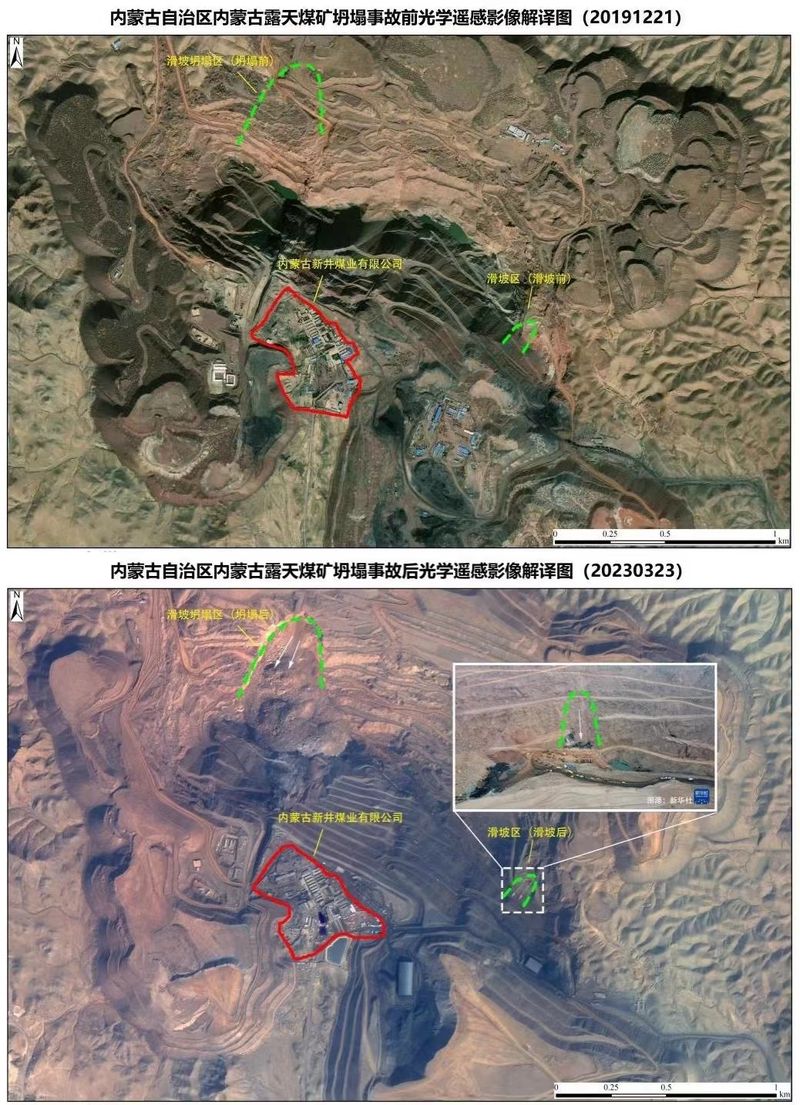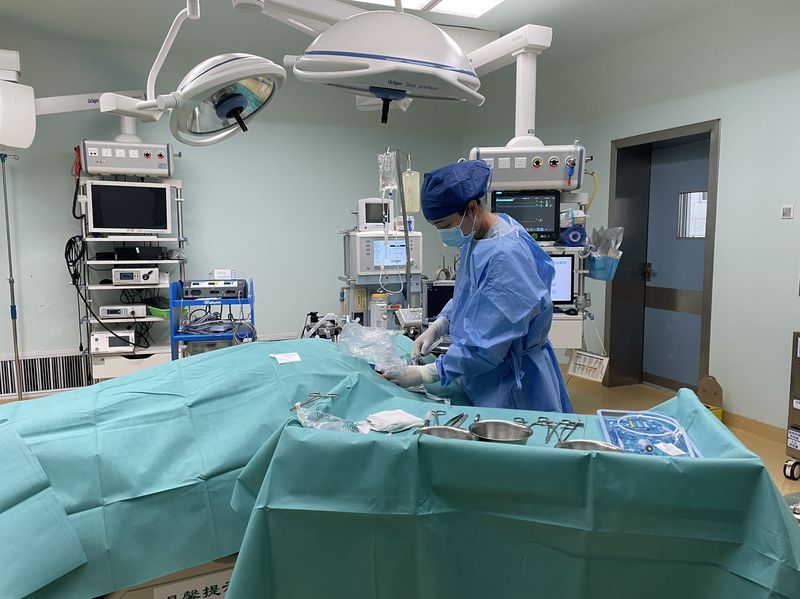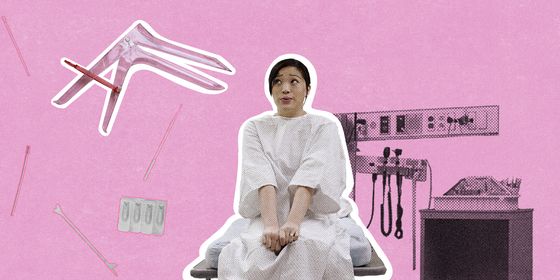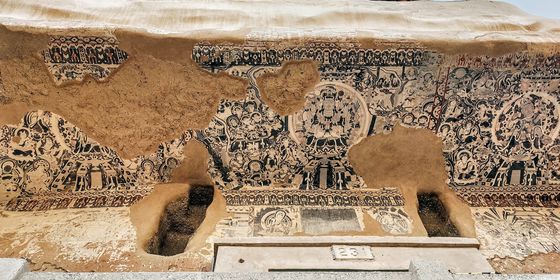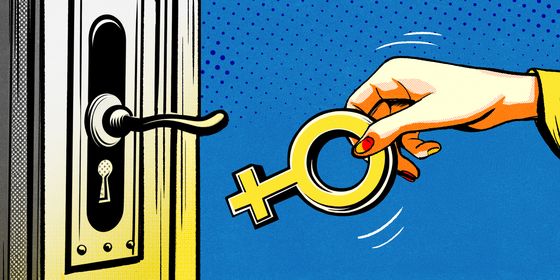Meet the women succeeding in male-dominated industries in China
Kou Aizhe from Story FM: In 2011, I was working in the Beijing office of a European company, listening to my boss chat about her recent business trip to Japan. She recalled how they hired a charter driver, and how she (the driver) took them to many interesting but dangerous places.
Because of the pronoun, I blurted out, “Wow, I can’t believe a female driver did all that!”
My boss instantly stopped talking. She demanded, quite angrily, “What do you mean? Can’t women drive?”
She had a point. Why was I so fixated on the driver’s gender? Were female drivers truly that rare? Did my choice of words—“female driver”—reflect the common pejorative view that women are bad at driving?
There’s a first time for everything, including deconstructing your own vision of gender. It’s an ongoing process, for sure, but I am working on it.
Recently at Story FM, we’ve been gathering stories from our audience, particularly from our female listeners. Many of these women have charted their own paths in challenging, typically male-dominated industries. They’ve got every reason to boast, and their testimonies are as impressive as they are diverse: sailors, firefighters, military R&D, AI-assisted manufacturing; you name it.
1
Digging a place for yourself
I am Wang Chunyan, and I’m 46 years old. I am an excavator operator.
From 2003 to 2011, I worked with my husband at a weaving factory in Shaoxing, a city in northeastern Zhejiang Province. However, my husband suffered an accident that landed him in hospital, paralyzed. Obviously, he no longer had an income, and neither did I as his full-time caregiver. We lived off the loans I was forced to take for the entirety of his stay.
Story FM: Wang Chunyan and her husband’s humble rural background meant that neither of their families was in a position to help much. She decided to return to their native Hubei province so that her in-laws could take over her caregiving duties, and she could join the workforce again.
We were drowning in bills that weren’t going anywhere, so I looked for the most profitable industry. I was told that I could make a killing as an excavator operator.
The first time I saw that machine, I thought it looked real cool. It was just like a human hand, dexterous and powerful. You could grab anything, no matter how big; honestly, you could do pretty much whatever you wanted with it. I sat in the excavator’s cabin and felt like either a giant robot or a mighty queen—a mix of both, actually. I had been feeling powerless and helpless, but as long as I was operating this thing, I told myself, I could finally regain some control over my life.
It’s not like they welcomed me with open arms at my first site, though. The guy there informed me that he’d never seen a single woman doing this in his 10 years on the job. Women just weren’t cut out for this kind of work, he added.
Soon enough, I had a reality check in more than one sense. I was in this all-male environment that didn’t cater for any of my needs. Gotta piss? No female toilets. No female dorms, either, whenever we had to spend the night at the construction site.
My apprenticeship was proving to be a pain for everyone involved, and eventually an acquaintance found me a temporary job at their own, smaller construction site. I was still a rarity there; folks dropped whatever they were doing and got off their own machines to stare at me as I started the excavator.
People told me I’d only make a few thousand yuan a month from part-time gigs, and I needed a shortcut to pay off my debts. So in 2012, I took a loan of 320,000 yuan to buy my own, secondhand excavator.
Construction wages are paid on credit, whereas I was seeking payment in hard cash. So I turned to farmers wanting to dig ponds on their land to cash in on the demand for crayfish—the one abundant natural resource in our region. Some were willing to supplement my fees with board, so it wasn’t a bad gig.
Even so, I was far from secure. This was all happening a decade ago, at a time when rural Hubei wasn’t exactly thriving and plenty of folks weren’t above stealing oil and batteries from parked vehicles. I’d park my excavator in wild spots at night and sleep in the cab with a flashlight and an iron bar by my side. Pretty scary stuff, but I handled it well. I could only blame my own carelessness on the couple occasions that I did have my batteries stolen in all those years.
Story FM: Wang’s old and faulty secondhand excavator couldn’t possibly compete with newer models, so in 2019, our narrator parted ways with her old excavator and used the money to buy another. Engaging in odd jobs here and there, she finally earned her wings as an operator.
In 2020, right after Lunar New Year—so, smack in the middle of the first Covid-19 outbreak—I headed to a construction site, where I had been hired by the manager to dig a foundation pit. It was only a dozen kilometres away from my hometown, but the pandemic had the roads cut off, so I had to walk for six hours to get to the construction site.
It was completely deserted other than a foreman, and I was to dig the foundation pit less than a kilometer from the Yangtze River, which was far too close. Backflow was a possibility at any given time, and once it happened we’d be looking at a huge flooded pit in half a day. I had to deal with a dozen big and small pipes that brought the whole process to a halt—we had to contact the boss immediately so that they’d buy new wadding, plug the holes with some special glue and block them.
Scary, dangerous stuff. Later, my colleagues all said that I was too reckless for my own good. “Wang Chunyan, you must be on a mission to kill yourself.”
Here’s the thing, though: One single mistake, and I just knew the kind of criticism that would pour down on me. “What else can you expect from a woman?“ Folks remember your face, because there just aren’t many of us in this industry. That’s why I really applied myself.
Settling accounts isn’t any easier either for us ladies. Some guys just want to cheat you. You know how people often say that you can get away with whatever as long as you’re pretty? I’d argue that it’s actually the opposite in my field. I took all sorts of hormones and weight-enhancing drugs to gain an extra 25 kilos and rough myself up, all so that people could get over my gender and let me go about my business.
Story FM: Over the last decade, Wang Chunyan has amassed quite a network of fellow operators and eventual friends. She’s cultivated bonds with her female peers.
It took me around 10 years to gather all 94 of us female excavator drivers in this WeChat group that I dubbed “The National Queens.” Several of them are internet celebrities on platforms like Douyin (China’s TikTok). The oldest is a 71-year-old grandma who is still active. Yes, she really does still drive. Then there’s Ruixue, this super skilled girl from Shaanxi province. I’m telling you, you would think she’s doing embroidery work, the way she operates the excavator.
Story FM: Wang Chunyan and her family have been eligible for a series of subsistence allowances that have helped them get back on their feet, and she’s almost paid off her debt. Life is now much easier, and whenever she gets a break from work, Wang looks forward to her future.
Look, there were times when I had no hand in my own fate. But I can be myself when I hop on that machine. That’s my plan once I finally pay back all that money—to just keep doing my own thing. I think it’s time to live a little for myself for a change. I want to go on a solo road trip to check out the Sichuan-Tibet border. Must be a cool view.
2
Soaring as a female entrepreneur
Story FM: According to a 2021 report from the All-China Federation of Industry and Commerce, there was a record set in the country’s proportion of female entrepreneurs that year—27.1 percent of leadership positions across various industries were held by women. Our second narrator is one of these women, who started her entrepreneurial journey in an industry where the gender ratio has been notably skewed toward males.
I’m XF. I’m 40 years old and I work in the aerospace industry.
I studied signal image and video processing in university. I joined a research institute after graduation, where stepped into my current specialization in remote sensing data. We process images coming mainly from satellites.
Story FM: XF worked as an operation and maintenance engineer at the research institute, and was in charge of natural disaster assessment. Take the heavy snowfall that besieged Inner Mongolia in 2021, for instance: XF was part of the team that determined whether passing herdsmen had been trapped in the snowstorm on the basis of satellite images both before and after the snowfall.
However, XF’s most vivid memories are those of the Wenchuan Earthquake, when she was enlisted by the Ministry of Civil Affairs to help.
I was called to their Disaster Reduction Committee, so that I could assist them with evaluating a series of satellite images. Back then, they didn’t have the powerful computers with large screens that we have now. I arrived in their lobby and immediately saw a dozen large prints, maybe more, in original resolution and all over the ground. This primitive method was all we had, and so I knelt next to two members of the Committee, debating everything we saw. We felt so powerless, though, and I remember having to fight back tears as I talked.
You see, there was a print that depicted a small depression formed by two mountains on both sides of a valley, where a remarkably beautiful small village had once existed. The earthquake had wiped it out of the picture I was contemplating. An entire human settlement, obliterated at random by a natural disaster that struck at an otherwise perfectly mundane moment—maybe lunchtime. I could hardly choke my tears back.
The village was no more, but there was plenty else to infer from that picture, such as the kind of cars that could pass through certain kinds of roads, and the approximate size of the landslide. I could also determine the number of forklifts needed to clear a path for trucks to pass through the disaster scene. Last but not least, I could confidently assess a short, golden window of 72 hours to try and rescue the survivors.
I couldn’t tell you how many people we saved. It was a frenzied, relentless mission that started on May 12 and finished at dawn on May 16.
All I can tell you is that we did our best.
Story FM: In 2017, XF set up her own company. Nowadays, she provides governmental, financial, and insurance organizations with cost-effective solutions involving remote sensing data. This technology has a series of applications. For instance, it can be used to evaluate the grain yield of any given land lot, with a fairly small margin of error. Agricultural machinery and insurance companies both rely on this kind of data for their operations.
XF rarely dwells on her gender in her capacity as an entrepreneur. Instead, she tries to win over her clients’ trust with her professionalism.
There just aren’t many women in this industry. You could probably count us comfortably on one hand. Back in the day, people would react in all sort of ways to my presence at high-level conferences.
Once, I took part in this voice-only WeChat call. With only our aliases onscreen, nobody could put a face to their peers. Well, one of the experts taking part in the voice call was—judging from the voice—this middle-aged man whose input was widely contested by the rest of us. His got upset and said, “Well, of course you wouldn’t understand. I’ve been doing this since before any of you were born!”
But I could hold my ground. I rattled off every image he’d mentioned with its serial number, and said, “I have seen all of your data.”
He was stunned for several seconds. Our host actually wanted to check whether there were connectivity issues in the call, but I waved my hand—he was just speechless. Eventually, the middle-aged guy replied, “I see. Could you please offer some suggestions for the targets I’d initially set?” I counterattacked with a thorough explanation of each and every satellite, and I persuaded him.
I enjoy these chances to assert myself. People judge you until you show them what you know, and then they’re receptive to your advice. We’re pretty obsessive in this industry in our own way, just as much as we’re willing to sacrifice ourselves for the sake of what feels right. That’s why that guy was all ears when he realized that I knew something that he didn’t.
Actually, our industry is by and large focused on saving lives, rather than making money. We aim to put our skills to good use and empower the average citizen, no matter their age or gender, to protect themselves with our findings.
Story FM: In 2021 it was the floods in Sichuan and Jiangxi, as well as the heavy rains in Zhengzhou and Henan. In 2022, an earthquake shook Lushan. Earlier this year, a mine collapsed in Inner Mongolia. XF’s company is always the first to obtain and quickly process relevant, free-of-charge data to assist disaster relief efforts on the ground.
That’s a lot to achieve for an entrepreneur, but XF feels that it’s not enough. Her hope is to retire leaving behind a fully automated Earth observation system that will be truly universal, for everyone that could possibly need it.
3
The art of surgery
The gender imbalance is also at play in the medical field, where statistics from the Chinese Medical Doctor Association in 2019 suggest that women made up only 6 percent of the total number of surgeons across China.
My name’s Chen Shifeng and I’m 38 years old. I am a doctor and surgeon from Guangdong province.
I think there are actually more women than men choosing to study medicine these days. We’re more resilient. During my student days, I could make a tower with those thick textbooks we had to study, and they were no picnic to read, either.
The issue comes after the undergraduate stage, when we’re expected to choose our specialization. Most women remain within the internal medicine field. I was the only female graduate in my class that opted for surgery—breast surgery, to be more precise. Today, I am one of only two women out of 13 doctors in our department.
Story FM: Why is this the case? People seem to think that surgery is all about physical strength, thus explaining the gender imbalance. Dr. Chen acknowledges that strength matters, but says that endurance matters more in surgery. Men and women are fairly similar in terms of endurance. When we think of men having a greater physical strength, we’re actually thinking of greater speed and intensity. In any case, short, minimally invasive surgeries account for over 90 percent of patients in the operating room.
The true reason holding women back from becoming surgeons is societal.
You would think that patients would perceive me as the experienced doctor I am at my age. However, all too often they’ll rush in and call me “young lady.” They’d hardly ever do that to my male colleagues. Those are just “doctors.”
I make a point of correcting them every single time, whether they’re misnaming me or my fellow female resident doctor, and usually they’ll apologize and change their ways right away. Then, we can proceed with whatever questions they may have.
I can’t stand any kind of violence. I’ll go to the wet market and turn my face away from the fishmonger at work with their knives. But in the operating room, I’m a different person. Standing in front of a patient who’s been put under, a portion of their flesh exposed for the scalpel to cut through—I never feel dizzy; not even at the sight of blood. This is work.
When my patient’s under the knife, I have to consider many things: How long should my incision be? How much will it impact my patient’s life? Can I make it smaller and less noticeable? Can I make it a little more palatable?
At the end of a smooth, beautiful surgery, I feel like a satisfied painter happily contemplating her work of art. I am really grateful for the growth that I’ve experienced on the other end of the scalpel for the past decade.
I’ve never been too aware of gender issues. Once I became a surgeon, I did notice discrimination and small obstacles on the way. But my ultimate conclusion is that if you are passionate about your work, and you give 130 percent of yourself, people will choose you over others.
Produced by Ye Bu (也卜)
___
This story is published as part of TWOC’s collaboration with Story FM, a renowned storytelling podcast in China. It has been translated from Chinese by TWOC and edited for clarity. The original can be listened to on Story FM’s channel on Himalaya and Apple Podcasts (in Chinese only).
